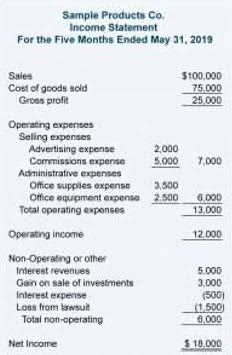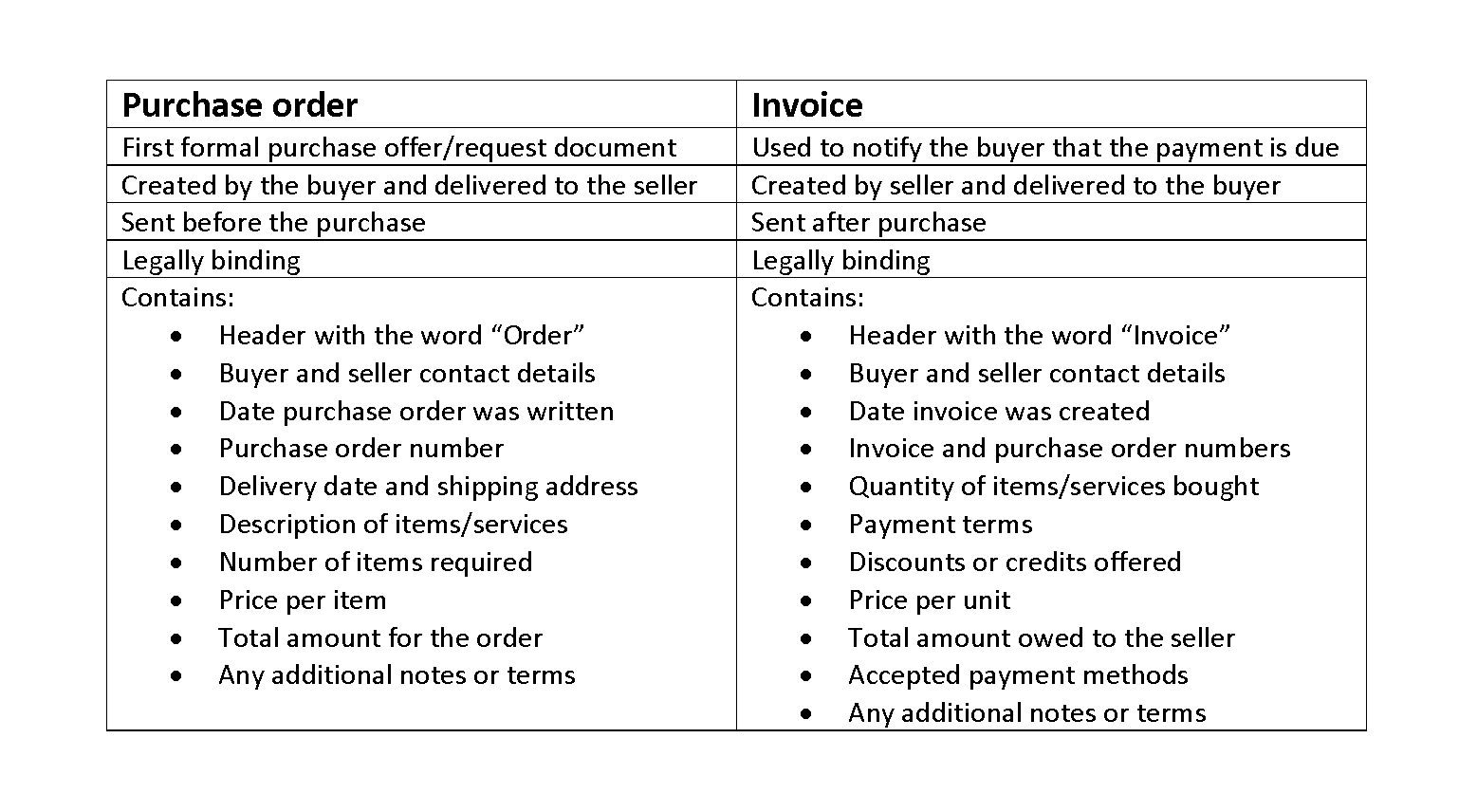Prepaid Rent Under ASC 842 a Step-By-Step Guide & Example
Category : Bookkeeping

Prepaid rent is recorded as an asset when an organization makes a prepayment of rent to a landlord or a third-party. A liability is recorded when a company receives a prepayment of rent from a tenant or a third-party. It is important for accountants, business owners and managers to understand this distinction. Failure to classify prepaids accurately on the balance sheet can lead to material misstatements of financial information and poor business decision-making. If the lease agreement defines the rent payments as contingent upon a performance or usage but also includes a minimum threshold, the minimum is used in the calculation of the lease liability.
Prepaid rent is an asset – the prepaid amount can be used by the entity in the future to reduce rent expense when incurred in the future. When it comes to accounting for leases under ASC 842, one area that can be confusing is prepaid rent. Under the previous accounting standard, ASC 840, prepaid rent was recognized as an asset on the balance sheet and expensed over time.
Overview of Prepaid Rent Accounting
When a company prepays for an expense, it is recognized as a prepaid asset on the balance sheet, with a simultaneous entry being recorded that reduces the company’s cash (or payment account) by the same amount. Most prepaid expenses appear on the balance sheet as a current asset unless the expense is not to be incurred until after 12 months, which is rare. When it comes to maintaining accurate financial records, businesses must account for various expenses and assets on their balance sheets. Prepaid rent refers to the payment made in advance for the use of a property or space over a specific period of time. While it may seem straightforward, understanding where prepaid rent fits on the balance sheet and its implications is crucial for financial reporting and analysis. Prepaid expenses are costs that a company pays in advance but which represent future benefits or services that will be consumed over time.

In conclusion, prepaid rent is a significant element in the world of finance and accounting. By properly accounting for prepaid rent and presenting it on the balance sheet, businesses can maintain transparent and accurate financial records, providing a solid foundation for financial stability and growth. A current asset is an asset that is expected to be consumed or converted into cash within one year or the normal operating cycle of the business, whichever is longer. When a business makes a payment for prepaid rent, it needs to record the transaction properly in its accounting system.
Difference between Prepaid Expenses and Other Current Assets
A leasing contract may include a payment schedule of the expected annual or monthly payments. Even if the contract includes escalation increments to the beginning or base payment amount, this type of rent is fixed. It is presented in the contract, along with planned increases, and will not change over the contract term without an amendment. At the lease’s prepaid rent accounting end, the Lease Liability and Right-of-use (ROU) Asset account have both been reduced to zero. The lease expenses for each year are $36,721, which perfectly reflects the payment made every year (even if Year 1 was prepaid). Prepaid expenses are classified as assets as they represent goods and services that will be consumed, typically within a year.
- Comparable to the mechanics of a depreciation schedule, i.e. the actual cash outflow is not recognized in the period the capital expenditure (Capex) was incurred, but rather spread across its useful life.
- Base rent, also known as fixed rent, is the portion of the rent payment explicitly stated in the contract.
- Note that for each date in the above example, the sum of entries under the “Assets” heading is equal to the sum of entries under the “Liabilities + Owner’s Equity” heading.
- A leasing contract may include a payment schedule of the expected annual or monthly payments.
- Rose Corporation pays $6,000 in Insurance Premium for coverage of directors, chairman, and company’s overall staff.
- This recognition typically occurs through the process of adjusting journal entries, where a portion of the prepaid expense is moved from the balance sheet to the income statement as an expense.
Once you’ve set a date, your next task is to list out all of your current asset items in separate line items. To make this section more actionable, it’s best https://www.bookstime.com/articles/in-house-accounting-vs-outsourcing to separate them in order of liquidity. More liquid items like cash and accounts receivable go first, whereas illiquid assets like inventory will go last.
Preparing Prepaid Rent Journal Entry
If an entity has a capital or finance lease, payments reduce the capital lease liability and accrued interest, and are therefore, not recorded to rent or lease expense. Prepaid expenses represent expenditures that have not yet been recorded by a company as an expense, but have been paid for in advance. In other words, prepaid expenses are expenditures paid in one accounting period, but will not be recognized until a later accounting period. Prepaid expenses are initially recorded as assets, because they have future economic benefits, and are expensed at the time when the benefits are realized (the matching principle). However, building balance sheets on a quarterly or monthly basis can be a time-consuming process even with accounting software or bookkeeping software.

